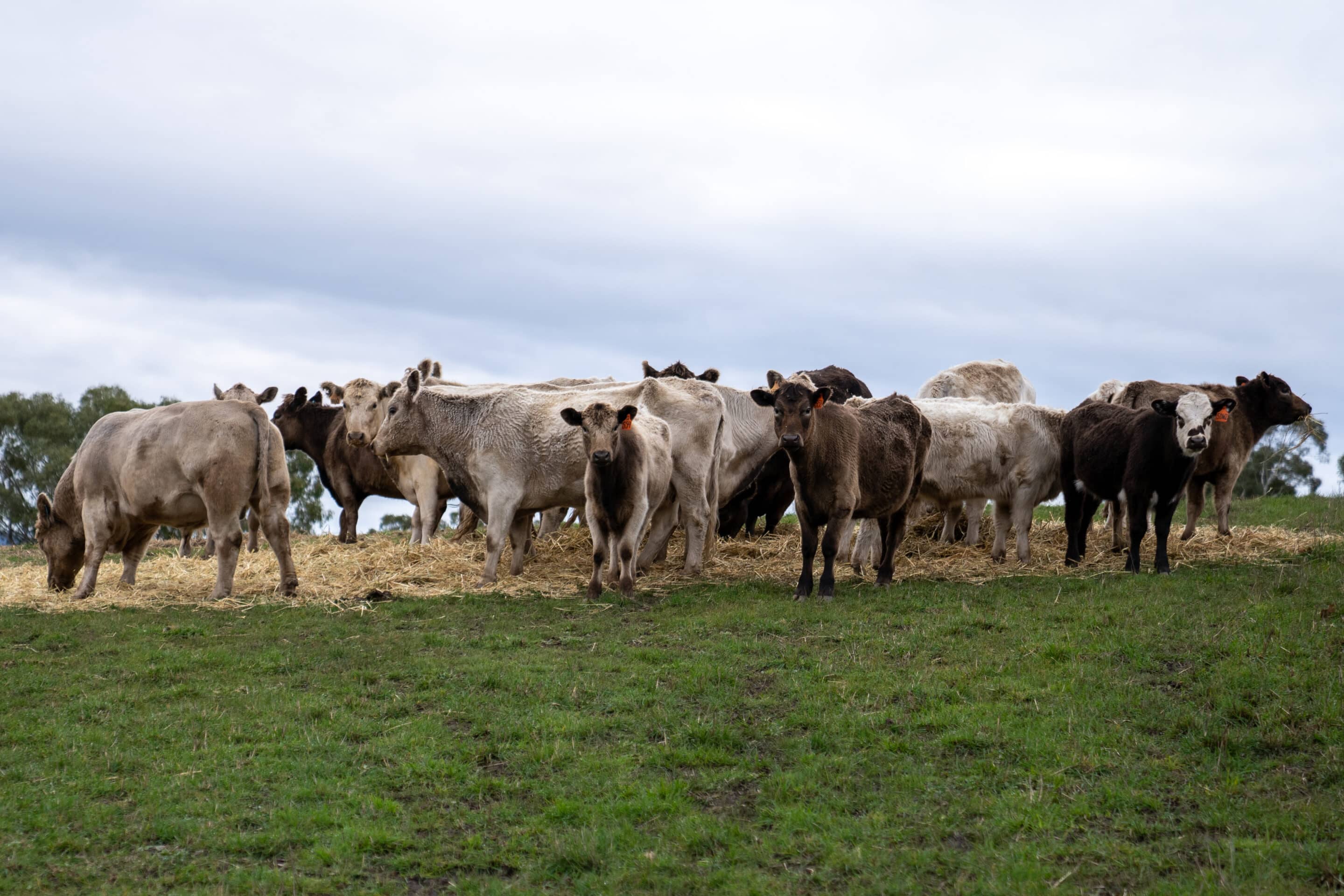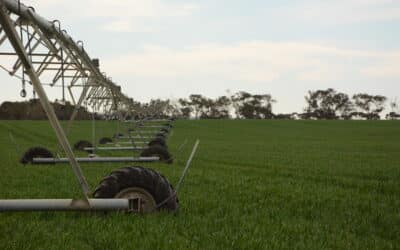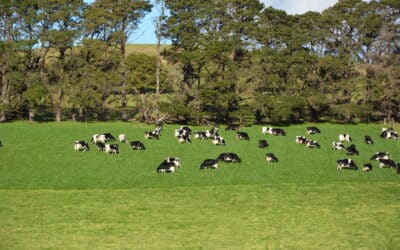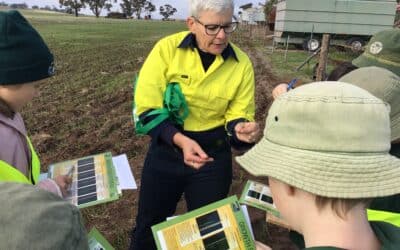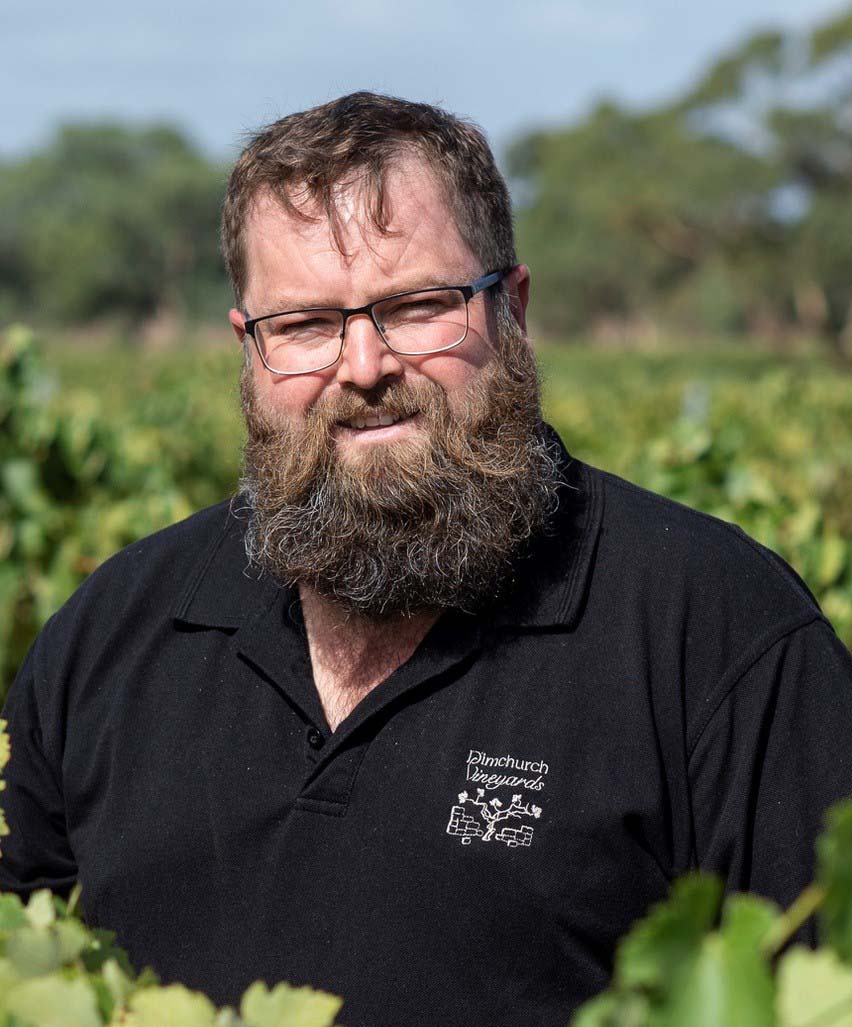Protecting South Australian livestock and crops from exotic pests and diseases is essential to primary production, both supporting on-farm productivity and helping to underpin our international competitiveness in the trade of agricultural goods.
Given the importance of agriculture to the economy, we must ensure SA is prepared for any potential incursion that may threaten or harm our plant and animal health status.
This responsibility not only rests with industry and government now, but also raising awareness in the broader community about the importance of biosecurity.
The outbreaks of both lumpy skin disease and foot and mouth disease in Indonesia, and the recent detection of varroa mite in NSW, are all timely reminders of the need for significant public investment to maintain a robust, science-based biosecurity system that protects Australia from the damaging impact of pests and diseases.
Industry-specific policy processes are well underway in commodity councils and peak bodies regarding the biosecurity challenge posed by these potential incursions, with work being done to put in place formalised industry response plans for each specific threat.
The National Farmers’ Federation is also working with its members to offer support for efforts being undertaken to enhance industry preparedness and the ongoing consultations with Federal Government, while lobbying to address the significant economic, market access and animal health impacts posed.
Modelling by ABARES recently estimated that a large multi-stage outbreak of FMD would cost the Australian economy about $80 billion over 10 years.
Australia’s major livestock industries would be directly affected from immediate export market closures and the disruption to production associated with the disease and response activities.
In turn, there would be significant flow-on economic losses and social impacts to many rural and regional businesses that rely on livestock industry revenue. Given the integral role these industries play in the economy, the risks posed by the disease present as one of national significance.
Recognising the cross-commodity nature, PPSA together with our livestock commodity members, have been representing SA’s interests in national forums convened with the Federal Department of Agriculture, Fisheries and Forestry and the NFF.
Producers know the best line of defence is to keep exotic pests and diseases out of Australia, with ramped up efforts to increase surveillance and detection at entry points of passengers and freight being welcomed by industry.
This effort must now be sustained in the longer term, given the extended nature of eradicating FMD over many years.
We must remain vigilant in living with this heightened risk of incursion.
The uncomfortable truth is that it is simply not feasible for the Australian Government to slam the borders shut to international travel or freight from key markets.
We must strike the balance in managing risk, while maintaining strong import protocols that reflect international standards, and ensure our government agencies execute these protocols at the border.
While biosecurity is a shared function of both federal and state agencies, clear lines of responsibility exist to manage pre and post border risk.
All farms need be reviewing and implementing on-site biosecurity protocols that check the status of all visitors and movements on and off farm.
Furthermore, we need all tiers of government to play their part in maintaining and adequately resourcing the biosecurity continuum.
The development of a new Biosecurity Act for SA represents a significant opportunity to modernise the current state policy framework and address concerns of the production sector, while establishing biosecurity capability within PIRSA to invest in the longer term.
PPSA will continue to lead the collation of priorities from across industry and incorporate these into the Act’s development.
These interests cover the full biosecurity continuum from preventing incursions, to responding to emergency pest and disease threats, to managing introduced plants and animals in the environment, and ongoing monitoring and surveillance.
Now is the time to raise the level of commitment from all tiers of government to strengthen the capacity of our biosecurity system.
This column was written by PPSA Chair Professor Simon Maddocks and appeared in the 25 August 2022 edition of Stock Journal.

